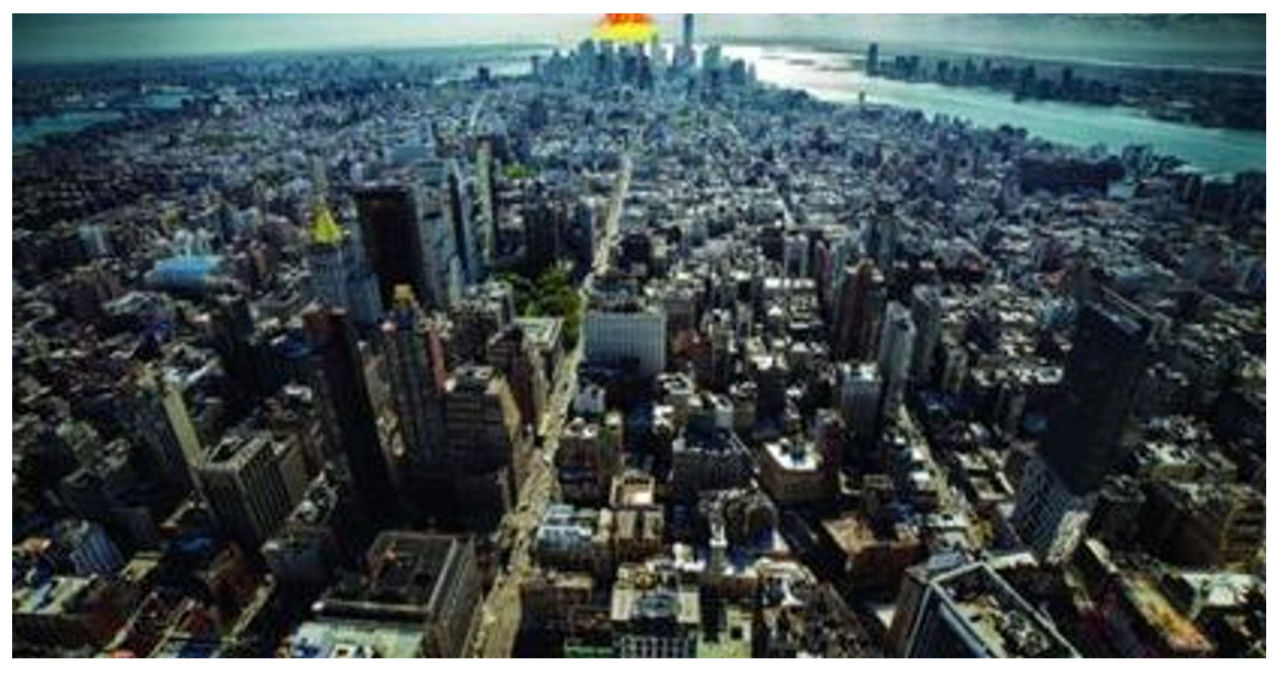Mocobizscene- Nuclear war is an alarming possibility that holds the potential to inflict unimaginable devastation upon humanity. The far-reaching consequences of a nuclear attack extend well beyond the targeted city, affecting entire regions and even the entire world. While it is impossible to predict when or where such a catastrophic event might unfold, certain cities have been identified as probable targets. In this article, we will examine the factors that contribute to these cities being at risk and delve into the potential ramifications of a nuclear attack.
Criteria for Target Selection
There are several factors that come into play when deciding which targets to choose for a nuclear attack. These factors include the size and population of the city, its location, and its overall significance. When making these decisions, certain key criteria are often taken into consideration.
-
- Strategic Value: Cities hosting military bases, government agencies, industrial centers, or symbolic landmarks are deemed strategic targets due to their importance.
- Vulnerability: The ability of a city to defend itself, evacuate, or recover from an attack plays a role. Isolated, densely populated, or poorly prepared cities may be considered vulnerable.
- Deterrence Value: The psychological impact of attacking a city, affecting the morale, will, or behavior of the enemy, is a critical factor. Highly populated, culturally diverse, or historically significant cities could be seen as deterrence targets.
Likely Target Cities
When considering the criteria mentioned above, there are certain cities that emerge as possible targets in the event of a nuclear war.
-
- Washington D.C.: The capital of the United States, hosting key federal institutions, makes it a prime strategic target. Despite its preparedness with a sophisticated defense system, the consequences of an attack would be severe.
- New York City: A global hub of finance, commerce, and culture, New York City is a major target. Its resilience, robust infrastructure, and community spirit, however, may aid in recovery.
- Buffalo: Positioned near the border with Canada, Buffalo’s strategic location makes it a potential target. Often overlooked, the city boasts a vibrant culture and a renewal movement.
- Los Angeles: As the largest city in California and a global center of entertainment and innovation, Los Angeles is a likely target. Its dynamic and progressive nature may contribute to recovery efforts.
- Houston: Being the largest city in Texas and a hub of innovation, Houston is a probable target. Its resilience, diverse community, and adaptability could play crucial roles post-attack.
Consequences of a Nuclear Attack
The consequences of a nuclear attack on any of these cities would be devastating.
-
- Immediate Effects: A nuclear explosion would produce a blast wave, fireball, mushroom cloud, and intense radiation, causing destruction and casualties within various radii.
- Long-Term Effects: Fallout, contamination, and climate change would have lasting impacts, affecting health, resources, and the environment for months or years.
Conclusion
Understanding the risks and realities of nuclear war is crucial for preparation, as it is a nightmarish scenario. It is important to be aware that cities like Washington D.C., New York City, Buffalo, Los Angeles, and Houston are not immune to this threat. This emphasizes the need for vigilance and global attention, as nuclear war is not a remote danger but a real and present one.
Also Read:
- Armed Robbery Targeting Woman Occurs in Washington D.C.
- Suspect arrested for multiple robberies in Northwest DC



